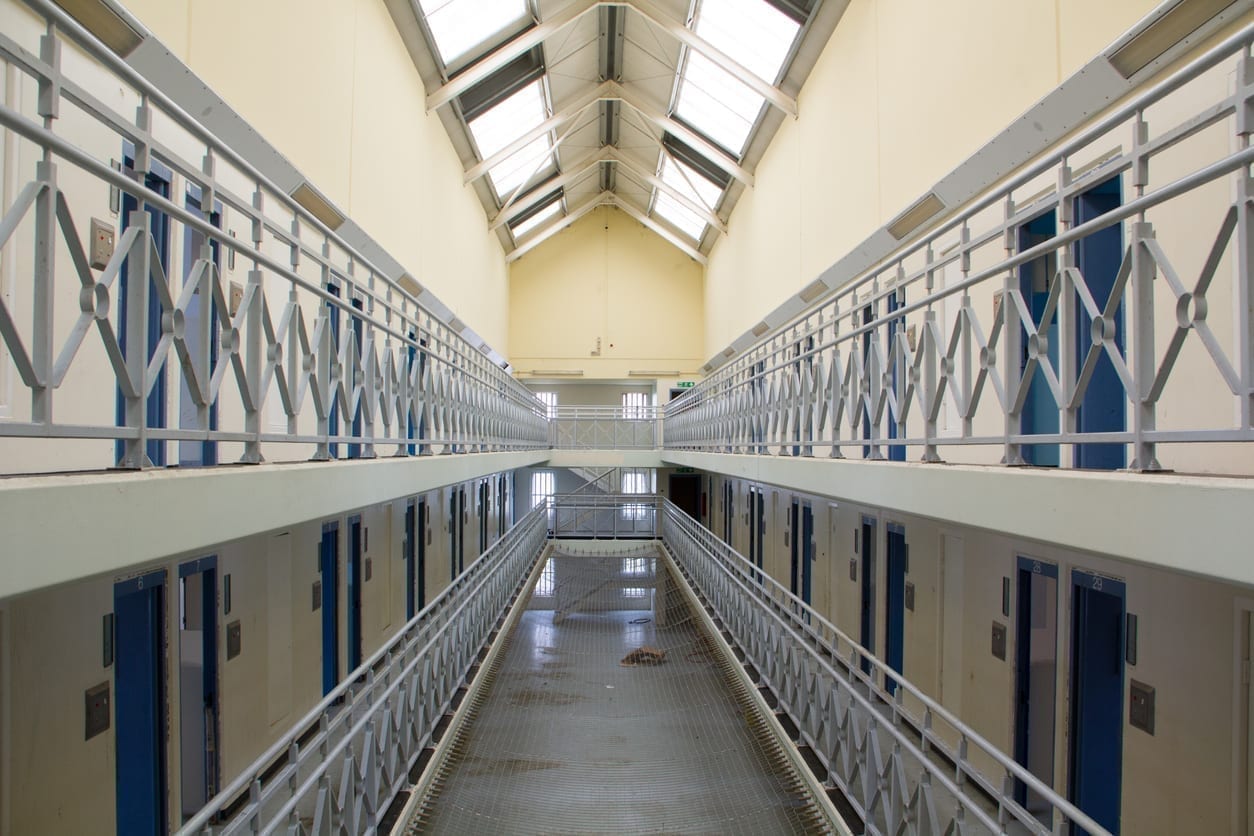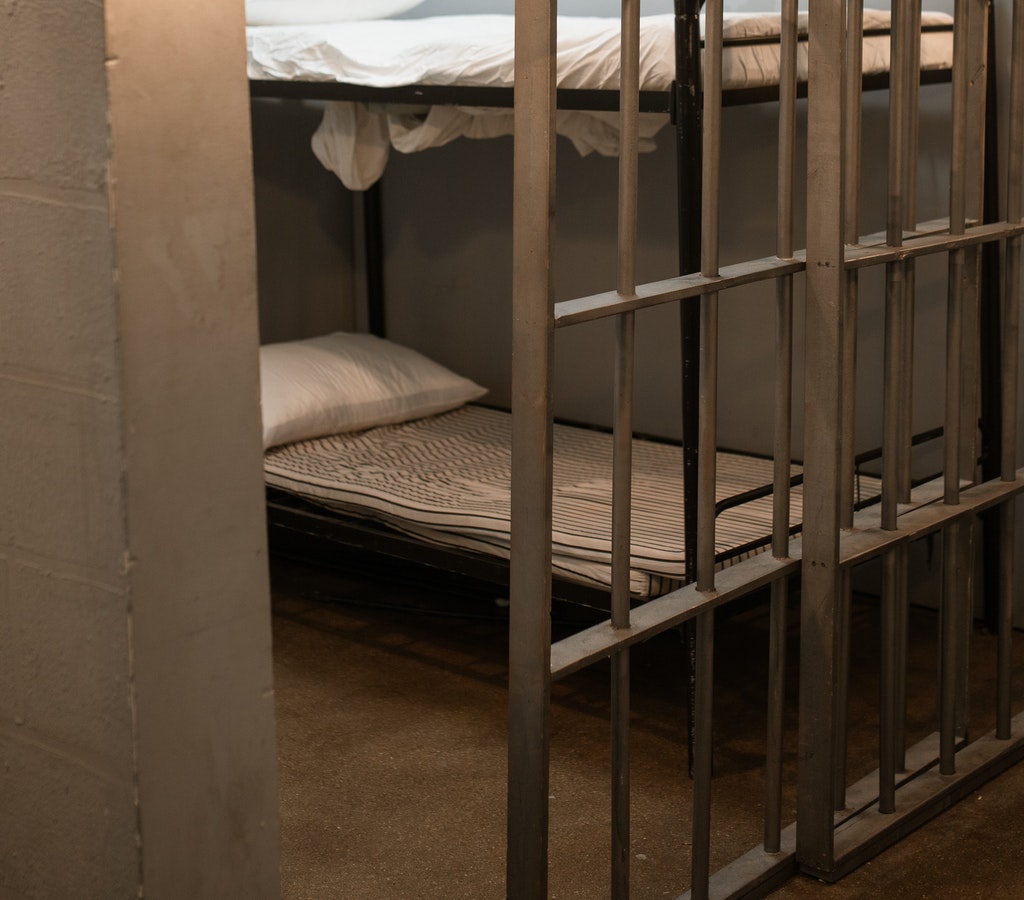You have a right to be free from harassment, even while you’re in federal prison. A correctional officer (also known as a “CO”) can’t harass prisoners as part of their job. But prison is different from the outside world. And the differences can make it hard to tell if a CO harasses you in a federal prison.
How does the justice system define harassment in federal prisons?
First, you need to understand what harassment is and what it looks like in federal prisons. Most people think of sexual abuse when they think of prison harassment. But there are many actions that constitute harassment in prison.
COs cannot use demeaning language with incarcerated people. It is offensive, but it also endangers people in prison and creates a hostile environment. COs also aren’t allowed to perform repeated pat-downs on an incarcerated person without cause. They may give you orders, but unreasonable demands can constitute harassment.

Rape and sexual assault are more common in prison than in the outside world. The Bureau of Justice Statistics studies reports of prison sexual violence every year. This data is part of the Prison Rape Elimination Act of 2003. Most rape occurs between incarcerated people, but some prisoners report rape by COs, too. Federal law requires that prisons investigate every sexual assault claim. This includes if a CO harasses you in prison.
What are COs allowed to do to you in federal prison?
Correctional officers are in charge of your living space, but they are also in charge of your safety. You have many rights in prison. Part of a CO’s job is to protect those rights. This means that they must protect you from your peers whenever possible. That includes if a CO harasses you in prison.
COs cannot use excessive force on prisoners. They also can’t use force with the intent to harm an incarcerated person. COs can only use force to protect incarcerated people and themselves from harm. This includes acting on information about potential assaults.
COs are also prohibited from having intimate relationships with prisoners. This is a form of sexual harassment. Even if you consent, COs can face punishment for personal relationships with prisoners.
What should you do if you a CO harasses you in a federal prison?
If a CO harasses or targets you in prison, you should report it. Prisons must review any report of harassment and address any wrongdoing.
Reporting COs for harassment may feel scary. It’s hard to trust the system when staff members are the ones hurting you. Still, federal law makes the prison protect you and stop harassment.

You can’t wait to file a grievance against a CO. Many types of harassment have strict timelines for reporting the incident. If you feel like you’re in danger, speak only with a staff member you trust. This can include mental health workers, a teacher or another staff member.
The safest way to report staff harassment is in private. Remember that you must remain as calm as possible. You can’t threaten staff or engage in violence. Give specific information about the harassment.
The Takeaway:
Prisoners have rights in prison, and they shouldn’t have to live with harassment. Correctional officers are there to protect you and your rights. If a CO harasses you in federal prison, they need to face consequences. It is always important to know your rights and speak up if you think you are being harassed.






